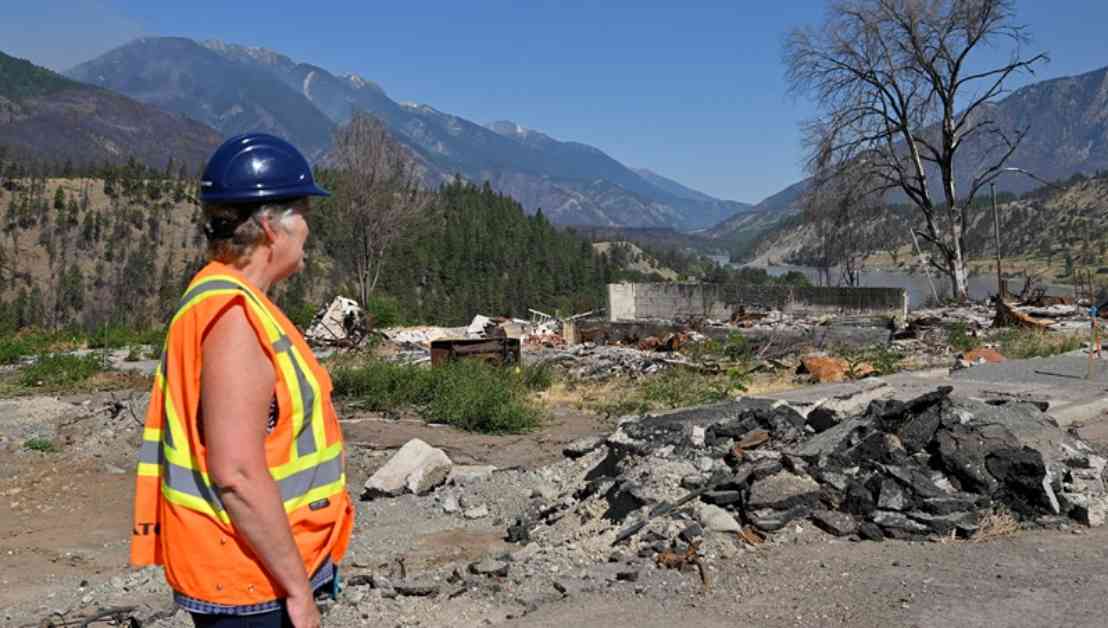Canada’s 2035 Emissions Target: Ignoring Official Advice
The Canadian government has set a new target to reduce emissions by 45-50% from 2005 levels by 2035, despite being advised by the Net Zero Advisory Body (NZAB) to aim for a 50-55% cut. This decision has sparked debate among climate experts, campaigners, and citizens about the country’s commitment to combating climate change.
Government Decision and Expert Advice
The announcement of the 2035 emissions target comes after the NZAB recommended a more ambitious goal, emphasizing the need for deeper decarbonization efforts to achieve net-zero emissions by mid-century. The discrepancy between the government’s target and the advisory board’s advice has raised concerns about Canada’s ability to meet its climate goals effectively.
International Comparisons and Challenges
The NZAB compared Canada’s target unfavorably with other wealthy nations like the UK and the EU, which have set more ambitious emission reduction goals. The slow pace of emissions decrease projected by Canada’s target has been criticized as inadequate compared to the efforts of other G7 nations.
Impact of Oil and Right-Wing Opposition
Canada’s reliance on oil and gas production, coupled with opposition to measures like the carbon tax, has hindered consistent emission reductions. The government’s efforts to combat climate change face challenges from oil-reliant provinces and right-wing political parties, creating a divisive political landscape.
Call for Stronger Climate Action
Climate activists and experts are calling for stronger climate action and leadership from the Canadian government. The decision to settle for a less ambitious emissions target has been met with disappointment and frustration, as many believe that more decisive measures are needed to address the urgent threat of climate change.
In conclusion, Canada’s 2035 emissions target has sparked a national conversation about the country’s commitment to combating climate change and the need for stronger and more effective climate policies. The government’s decision to set a less ambitious goal has raised concerns about Canada’s ability to meet its climate objectives and has highlighted the challenges of transitioning to a low-carbon economy in the face of political opposition and industry influence.














